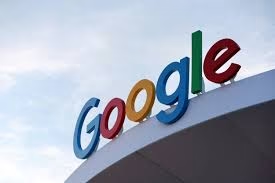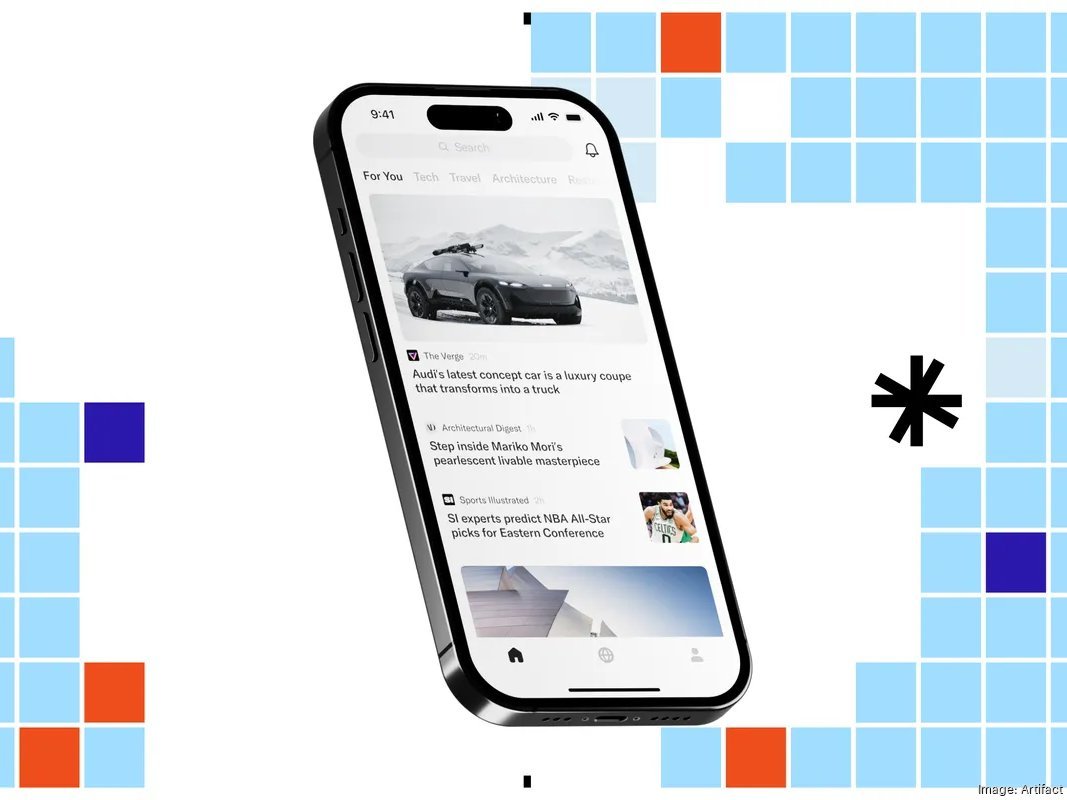Google scored a rare legal victory in its long-running antitrust battle after a U.S. judge ruled the company will not be forced to sell its Chrome browser or Android operating system, though it must share data with competitors to boost competition in online search.
The decision by U.S. District Judge Amit Mehta comes after a five-year case in which regulators accused Google of abusing its dominance in search and advertising. Mehta found last year that Google holds an illegal monopoly but said remedies should reflect the changing market landscape, particularly with the rapid rise of artificial intelligence.
“Here the court is asked to gaze into a crystal ball and look to the future. Not exactly a judge’s forte,” Mehta wrote, noting AI companies like OpenAI are already challenging Google’s dominance more effectively than any rival in decades.
Market Reaction
The ruling cheered investors: shares of Alphabet (GOOGL.O) jumped 7.2% in extended trading, while Apple (AAPL.O) rose 3%. Apple, which receives around $20 billion annually from Google to make its search engine the default on iPhones, can continue to collect such payments under the ruling.
Key Takeaways From the Ruling
- No forced breakup: Google can keep Chrome and Android, two pillars of its ad business.
- Data sharing required: Google must provide rivals with user data to support development of AI tools, search engines, and browsers.
- Default contracts loosened: Google cannot block device makers or carriers from pre-loading rival apps, though it may still sign non-exclusive agreements.
- AI shifts the landscape: Mehta said products like ChatGPT “pose a threat to the primacy of traditional internet search,” making extreme remedies unnecessary.
What’s Next?
The Justice Department said it is weighing next steps, while Google confirmed it will appeal. Experts expect the case to ultimately reach the U.S. Supreme Court.
Google warned in a blog post that mandatory data sharing could hurt user privacy, while analysts noted the competitive impact may take time to materialize.
“It will take a longer period of time for consumers to also embrace these new experiences,” said Deepak Mathivanan, analyst at Cantor Fitzgerald.
For now, the ruling removes the threat of a breakup but leaves Google facing growing pressure from AI-driven competitors eager to erode its dominance in search.



